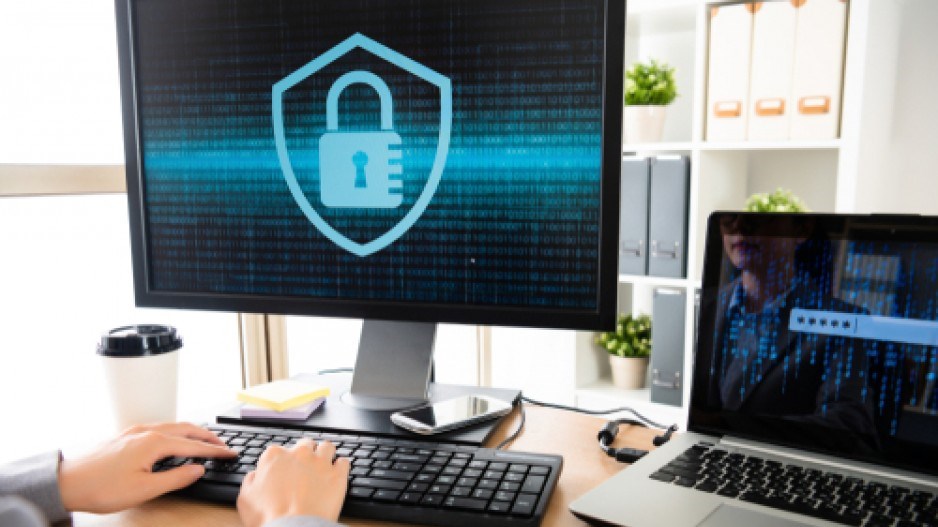While the security industry fights a continual war against traditional foes such as break-ins, theft and vandalism, cybercrime is rapidly taking its place as the sector’s No. 1 concern.
Data manipulation, identify theft and catastrophic security breaches are growing problems worldwide, and Canada has not been immune.
As companies demand more and more personal information from employees and consumers, the safety of that data is constantly in question as hackers become increasingly sophisticated.
“Current trending information suggests if every person visits sites in the top 10 results of their search criteria, one visit in 15 will result in exposures to malware in the form of phishing or a directly installable application that steals banking and personal information,” said Gary Noble, vice-president of innovation and technology with the B.C. division of security firm Commissionaires. “Network scanning is a close-second cyberthreat to business.”
Commissionaires, founded in 1927, is the second-largest security company in B.C., with offices countrywide and a staff of about 2,000. The B.C. division launched Kinetic Security – which has previously topped Business in Vancouver’s list of the province’s biggest security firms – before divesting it last year, with contracts and employees transitioning to the parent company.
According to Noble, the biggest digital security threat to companies and employees is malware emails that deceptively solicit information or refer a user to a malicious website.
“Nowadays it is not enough to have up-to-date antivirus software with malware detection installed,” Noble said. “We have observed cases in which a new malware variant which circumvents anti-malware software emerges within five minutes of an antivirus/anti-malware update.
“It takes an average of 15 minutes from an anti-hacking patch being issued, to an exploit being released that circumvents the update.”
Noble suggested employers and consumers are largely on their own when deciding what information to share and when.
“An ounce of prevention is worth a pound of cure. Until providers of real-time security are mainstream, users will have to be on their toes. Once your information is public, you will not be able to get the information back, or prevent its use on the ‘dark web.’”
The dilemma, however, is that the individual has trusted too much to the web already.
When it comes to potential physical threats from technological advancements, drones are causing headaches for security industry workers as the remotely controlled flying machines gain popularity among event-goers.
“We do deal with events were there are flight restrictions for drones or other big, public events,” said Ashley Meehan, vice-president of Genesis Security.
“Certain sites don’t allow [drones] and at certain bigger events, they don’t allow it where you have a lot of people gathering – either for privacy reasons or for the safety issue of the drone…if it is over a large portion of people, it could crash and injure someone.”
Meehan has noticed a slight rise in drone-related issues in the metro Vancouver area.
On January 9, 2019, the federal government published a new set of regulations that will require operators of drones between 250 grams and 25 kilograms to obtain a pilot license, pass knowledge tests and have flight reviews. Drones will also have to be registered with Transport Canada and marked with a unique registration number. The new rules come into effect June 1.




